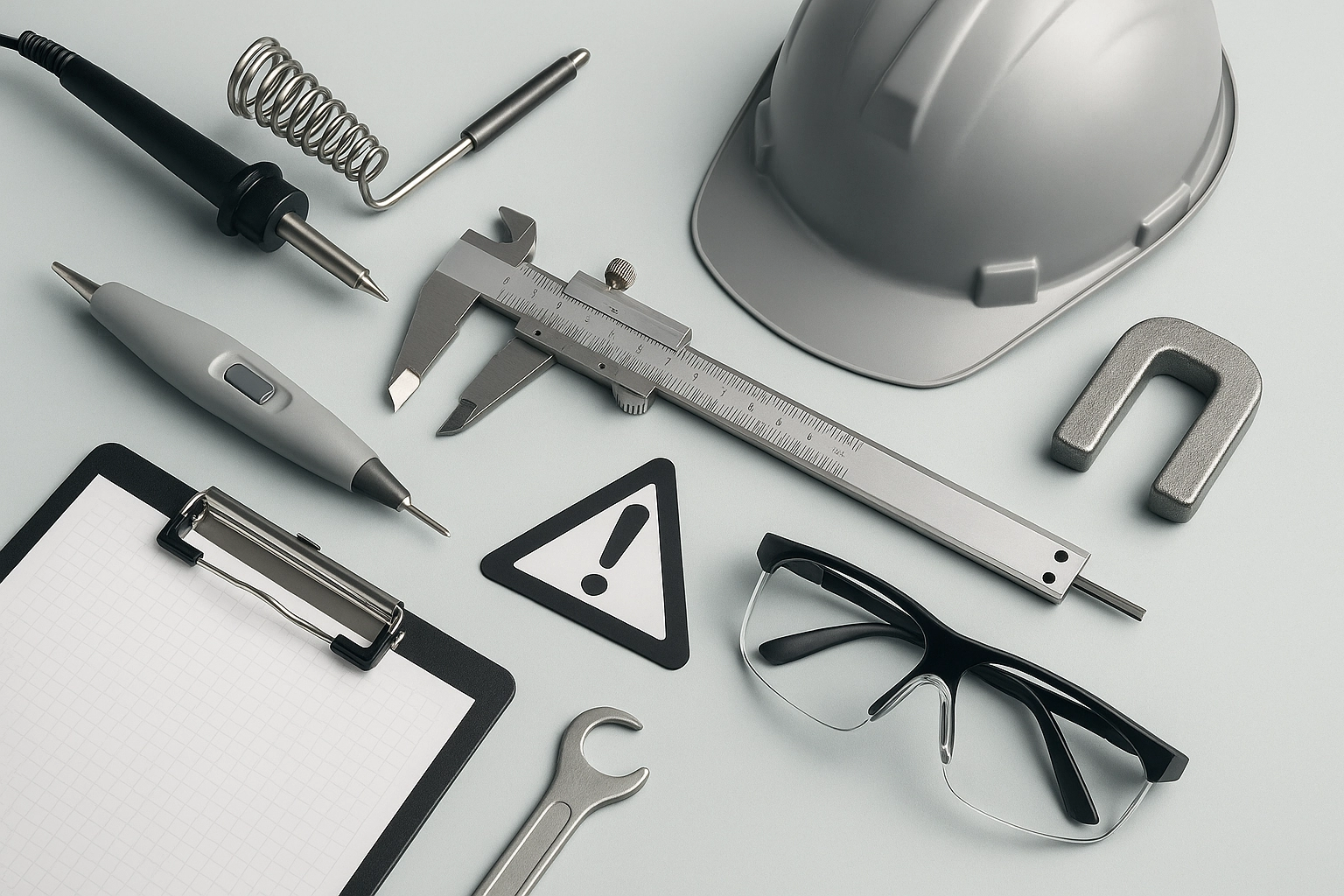ASTM F963 Balloons and Inflatable Toy Safety Test
The ASTM F963-17 Standard Consumer Safety Specification for Toy Safety is one of the most comprehensive standards in place to ensure toys are safe for children. This standard covers a wide range of toy types, including those made from materials like balloons and inflatable toys. Among these, the ASTM F963 Balloons and Inflatable Toy Safety Test plays a critical role in ensuring that such products meet safety requirements.
The test focuses specifically on the mechanical and physical properties of balloons and inflatable toys to ensure they do not pose hazards to children under 12 years old. These tests are conducted to check for potential choking hazards, sharp edges, and other defects that could cause injury. The standard specifies various parameters that must be met, including burst strength testing, tensile strength testing, and evaluation of materials used.
The ASTM F963 test includes several key components aimed at assessing the safety of balloons and inflatable toys. Burst strength tests are conducted to determine whether a balloon or toy will burst under specified conditions when exposed to pressure. This helps in identifying any weak points that could lead to a sudden release of air, which might result in injury if ingested by a child.
Another critical aspect is the tensile strength test, which evaluates how much force can be applied before the balloon or toy tears apart. This ensures that even if a child pulls on the toy, it won't tear easily and pose a choking hazard. Additionally, material evaluation plays an important role in this test by ensuring that all materials used are non-toxic, free from lead, and do not contain harmful chemicals.
The testing process begins with careful preparation of the specimens according to ASTM F963 specifications. This includes selecting balloons or toys that represent typical products available on the market. Once prepared, these samples undergo rigorous mechanical tests using specialized equipment designed to mimic real-world conditions a child might encounter while playing with the toy.
The results from these tests provide critical data that helps manufacturers understand if their products comply with ASTM F963 standards. Compliance is essential as it not only protects children but also ensures that toys meet legal requirements in various countries around the world where they are sold or distributed.
Why It Matters
The importance of ASTM F963 Balloons and Inflatable Toy Safety Test cannot be overstated. By conducting this test, manufacturers can ensure that their products meet stringent safety standards set by authoritative bodies like ASTM International. This not only enhances consumer confidence but also helps prevent product recalls due to unsafe designs.
Moreover, complying with these tests demonstrates a commitment to protecting children's health and well-being. Parents and guardians trust brands that prioritize safety above all else when it comes to their child's toys. Therefore, passing this test can significantly enhance brand reputation and foster customer loyalty among families who value quality and safety.
From a legal perspective, ensuring compliance with ASTM F963 helps avoid potential lawsuits related to product defects or injuries caused by non-compliant toys. It also facilitates smoother import/export processes across international borders since many countries have adopted these standards as part of their regulatory frameworks for toy manufacturing and sales.
Why Choose This Test
Selecting the ASTM F963 Balloons and Inflatable Toy Safety Test ensures comprehensive assessment of mechanical and physical properties critical for balloon and inflatable toy safety. This choice offers several benefits:
- Comprehensive Coverage: The test evaluates various aspects such as burst strength, tensile strength, and material evaluation to ensure all potential hazards are identified.
- Reputation Boost: Passing this test enhances brand reputation by demonstrating a strong commitment to safety standards recognized globally.
- Legal Protection: Compliance reduces the risk of legal actions arising from product defects or injuries caused by non-compliant toys.
Customer Impact and Satisfaction
The ASTM F963 Balloons and Inflatable Toy Safety Test has a direct impact on customer satisfaction. When parents know their children's toys have passed rigorous safety tests, they feel reassured about the quality and reliability of those products. This assurance translates into higher customer satisfaction levels and stronger brand loyalty.
Furthermore, by adhering to these standards, businesses can mitigate risks associated with non-compliance issues such as product recalls or negative publicity. Such incidents could damage reputation and lead to financial losses. Instead, successful completion of the ASTM F963 test provides peace of mind for both manufacturers and customers alike.
Moreover, compliance with these tests fosters trust within communities where parents are increasingly seeking out safe products for their children. This increased trust can translate into repeat purchases and referrals, ultimately driving sales growth for companies that prioritize safety.





